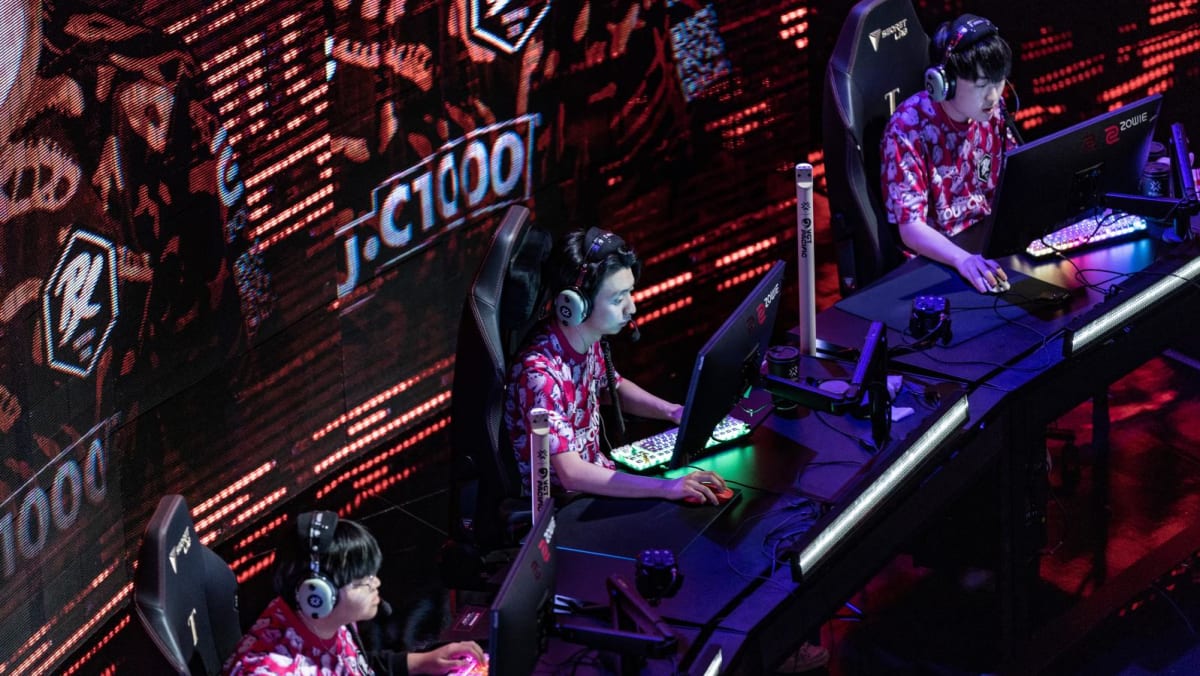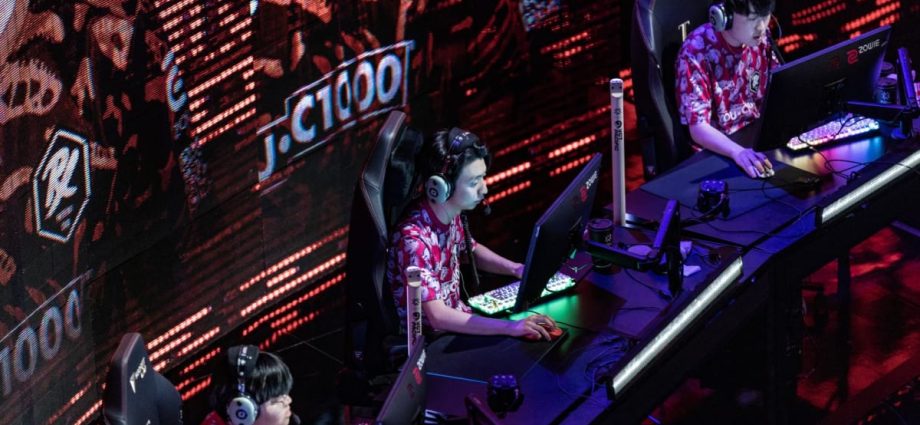
Mr Syakir said some players have also been known to give wins to others, to help their friends qualify for regional tournaments.
Depending on the severity of their misdeeds, players can be banned from the game entirely or from competing for up to a few years.
ADAPTING RULES ON THE FLY
The case of the Singapore-Indonesia debacle at the 2023 SEA Games – which led to the Singaporeans being labelled “cheaters”, according to one of the players – has triggered discussions in the Valorant community over how things could have been handled better.
Industry figures spoke to the importance of a standardised set of rules, with Paper Rex CEO Mr Hathiramani citing a 20-page rulebook issued by Valorant’s developer ahead of official competitions.
But extensive regulations are just one piece of a puzzle.
For one, the quality of officials or referees differs depending on the scale of the tournament. Those organised by developers may come with professional referees, while those outsourced to regional organisers may lack resources or contacts to keep a tournament running as smoothly as it should.
Then there is the game itself – a constantly evolving product as developers regularly push out patches or bug fixes. These changes produce a vast range of possible scenarios and grey areas when it comes to the rules, said Mr Seetoh.
“The people behind the scenes, they can consult the rulebook, but at the same time, things can happen that are not in the rulebook, and they have to adapt on the fly. Right there and then, they have to make a decision,” he said.
The Overwatch coach said this lack of consistency could make it more difficult for e-sports to achieve the same kind of “prestige” as traditional sports.
The Singapore Esports Association’s programme manager Janet Su told CNA that Southeast Asia – where each country has an association – was the first to include e-sports at a major multi-sport event.
“From what happened with the SEA Games Valorant situation, I can tell there’s still a lot of improvements to be made,” she said, noting that it was only the second time e-sports was on the programme.
“The organisers change every time, so there’s always a lot of improvement that can be done every SEA Games, because there needs to be a way to hand down the knowledge from issue to issue.”
The 34-year-old is also a former professional gamer, and now serves as the team manager for all e-sports athletes representing Singapore at major Games.
“Sometimes people need to be reminded that this game (Valorant) is only three years old,” said Mr Hathiramanthi.
“There are games like Counter Strike that have been out for 20 years … It’s not to say that they didn’t have the same problems in their first one to two years. All these games did.”
ZERO TOLERANCE APPROACH
Even with the most airtight game and competition structures, it comes down to the players and their professionalism.
Mr Hathiramanthi told CNA how, in 2020, Paper Rex signed a team of Valorant players who were the best in Singapore at the time.
“But you don’t really know the people until you start working with them, right? Quite quickly, we started to notice certain behaviours. It started with things like the players showing up late, not communicating or just generally having a bit of lower work ethic,” he said. “And those just started to raise a few question marks and red flags.”
The issues grew more apparent, and more flagrant: At one key tournament, the team was “looking really strong” but abruptly lost in the grand finals.
Paper Rex’s management then spoke to the players individually to inform them of the decision to release them, based on unprofessional behaviour and poor performance.
It was at this point where it came to light that the team had deliberately thrown a match in a competition two months prior, said Mr Hathiramanthi, adding that some of them pointed to one teammate as the instigator.
Paper Rex later found out that this player was also friends with Chung, who was sentenced in May.

